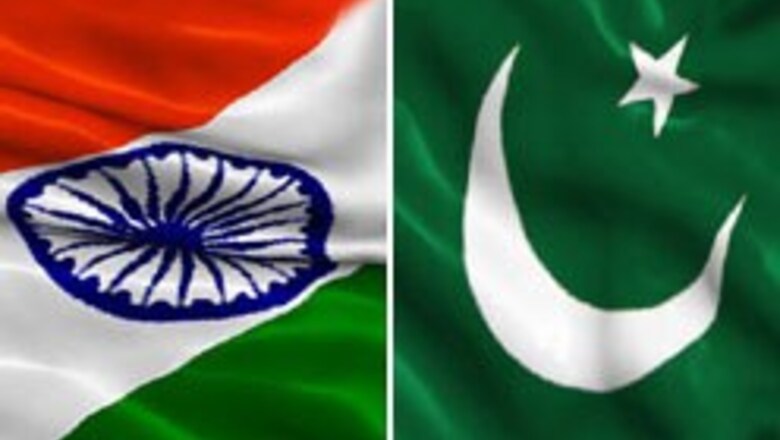
views
Chennai: Notwithstanding the clampdown on the media and the judiciary by the military regime of General Pervez Musharraf, Pakistani mediapersons on Tuesday said they were stronger than their Indian counterparts.
Talking to reporters, a group of six visiting journalists from Pakistan said they were emboldened by their united resistance against Musharraf's regime and the media had become stronger by standing up to the recent Emergency imposed by him.
However, they regretted that they did not have leaders like Pandit Jawaharlal Nehru for democracy to take root.
On a visit under the Indo-Pak Exchange Programme, they said: ''we are very critical of our government even during emergencies. But the Indian media is either pro or anti-government, as some papers have their own editorial policies and corporate interests.''
Accusing the Indian media of not properly highlighting the alleged human rights violations by the security forces in Kashmir, they were however, all praise for Indian democracy.
''Pandit Nehru laid the foundation for democracy in India, but in Pakistan there was no strong leader after the death of Mohammed Ali Jinnah, resulting in a vacuum,'' they said.
On the political situation in their country, the journalists said the electronic media was the worst affected. All political programmes, including talk shows, had been banned. However, this was nothing new as the country had gone through such emergencies in the past as well, they said.
However, they said it was the first time that elites had come to the streets to protest the imposition of emergency.
"Earlier, lower and middle-class people used to come to the streets. Now for the first time, lawyers, civil right activists and student studying in esteemed universities have also taken to the streets against emergency," they said.
The delegation, representing Dawn, The News, Daily Express, Post, Daily Pakistan (Urdu) and ARY TV, is here on the third leg of their India tour. It had earlier visited Delhi and Mumbai.
On the status of women in their country, they said women were holding responsible positions. The Pakistan Central Bank was headed by a woman.
Women were also political conscious due to the influence of electronic media and the Pakistani Parliament had 33 per cent women representatives, higher than any other country, they added.
On the coming general election, they said it would not be free and fair. "The ballot boxes may be transparent but not the elections," they remarked.
The journalists said Railway Minister Lalu Prasad was the most popular Indian politician in Pakistan. "We like his sense of humour and the way he made the turnaround of the Indian railways," they added.




















Comments
0 comment